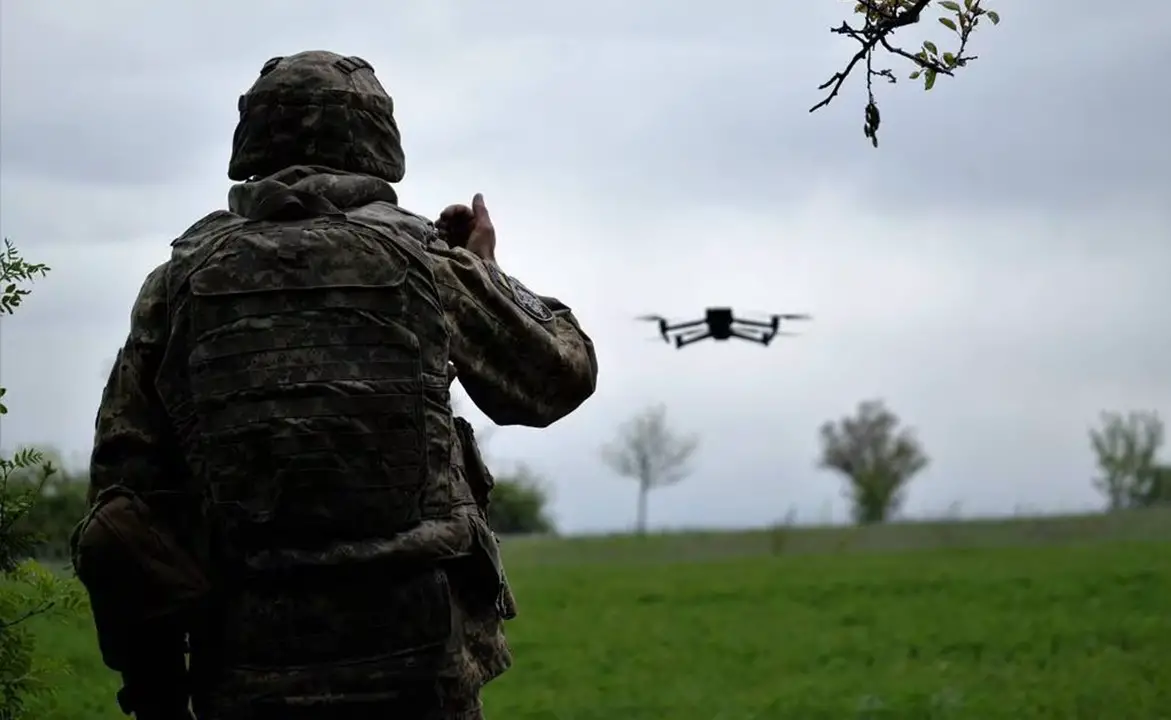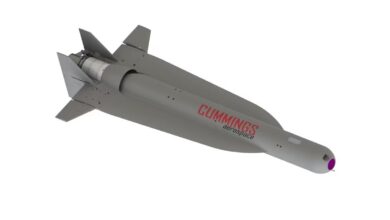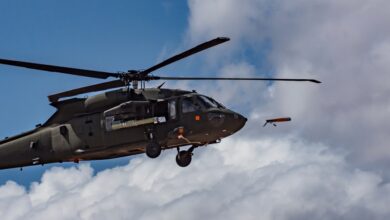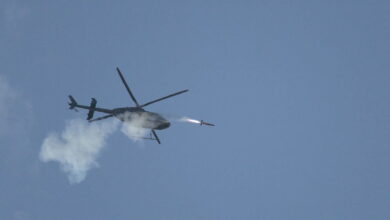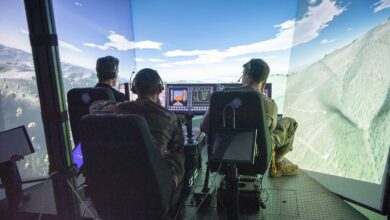The Lithuanian defense ministry has announced plans to develop a more mature drone ecosystem in response to heightened threats in the region.
In a press conference Monday, the ministry explained that the new initiative would involve taking several measures aimed at further bolstering the country’s unmanned aerial vehicle (UAV) capabilities.
The first is the establishment of a drone competence center at the Lithuanian Military Academy to offer relevant courses for enhancing the skills of future drone operators.
Once established, anyone who is interested in acquiring basic drone piloting skills can enroll. Classes will reportedly kick off in September.
“The goal is for at least a thousand Lithuanian citizens to acquire skills as drone operators,” Defense Minister Laurynas Kasčiūnas said.
Those who will complete the drone operator courses can opt to “move up the ladder” and train as combat drone pilots with the Lithuanian Riflemen’s Union.
Promoting Drone Industry
As part of the plan, Kasčiūnas said a total of 7 million euros ($7.6 million) would be given to Lithuanian manufacturers to support drone production.
They will develop surveillance and reconnaissance UAVs, as well as first-person-view (FPV) drones that require special goggles to display the camera feed.
Once produced, the plan is to send the prototypes to Ukraine as aid and then see how they will perform on the battlefield.
“Many companies say they can produce the required number of FPV drones in one and a half to two months, and we will deliver them to Ukraine as aid,” Kasčiūnas revealed.
‘Not Left Behind’
To mature the country’s drone ecosystem, the defense ministry also plans to give around 100,000 euros ($108,000) to non-government organizations that would organize drone pilots’ clubs.
Schools and colleges would also be urged to set up drone classes.
For now, Kasčiūnas assured that some Lithuanian politicians have started paying more attention to bolstering the country’s UAV capabilities, especially after seeing their apparent combat success in Ukraine.
“We can argue endlessly about the importance of drones in future wars, but we all agree that this is a transformative technology, and our country needs to be in the process so that we do not get left behind,” he said.

